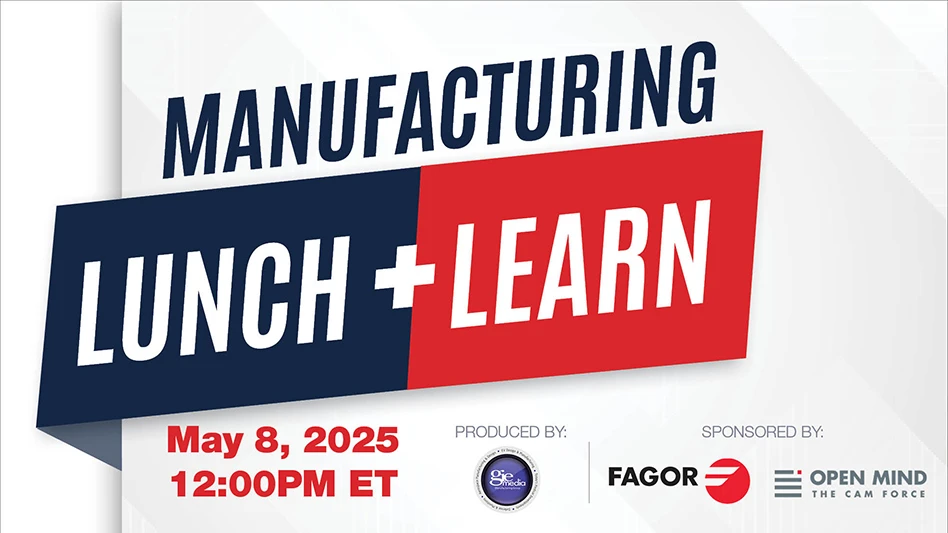
More and more it seems like the procedures doctors and surgeons are performing are from a futuristic movie. My new favorite example of this is a powder, nicknamed pixie dust, which is used to regrow fingers and other body parts. Can you believe this is a reality, not some sort of science fiction?!
The primary candidates for this procedure are injured soldiers. Just recently, in Texas, a wounded American soldier underwent this history-making procedure. His doctors are hoping this powder can help him regrow the finger that he lost to a bomb attack in Baghdad.
The best way I can think to explain how this powder works is that it mimics what salamanders do naturally. The pixie dust powder itself doesn't actually regrow the missing tissue; it tricks your body into doing it. To get technical, all bodies have stem cells. As we are developing in our mother's wombs, those stem cells grow our fingers, toes, organs – our entire body. Our stem cells don't ever go away, but they do stop their growth process. With this seemingly magical pixie dust, researchers believe they can put stem cells back to work growing new body parts.
I spoke with Dr. Steven Wolf of Brooke Army Medical Center, and he told me that the powder forms a microscopic scaffold that attracts stem cells and convinces them to grow into the tissue that used to be there. "If it's next to the skin, it will start making skin. If it's next to a tendon, it will start making a tendon, and so that's the hope, at least in this case with our soldier, that we can regrow a finger," Wolf explains. This pixie dust is part of a major new medical study of regenerative medicine being pursued by the Pentagon and several of the nation's top medical facilities, including the University of Pittsburgh Medical Center and the Cleveland Clinic.
Working with the wounded soldier is not the first time for such an experiment; the powder has proved successful in previous experiments. "They have taken a uterus out of a dog, made one in the lab, put it back in, and had puppies," Wolf says. I also found out that researchers have regrown a human bladder, implanted it in a person, and it is working as nature intended.
This all sounds a little too good to be true. Researchers are taking this into consideration and closely monitoring for unexpected side effects. I have my fingers crossed that any side effects will be outweighed by the amazing things this powder can do. Just think, maybe one day this real-life science fiction will give you a new heart. If that doesn't get your blood pumping, I don't know what will.
Get curated news on YOUR industry.
Enter your email to receive our newsletters.
Explore the July 2008 Issue
Check out more from this issue and find your next story to read.
Latest from Today's Medical Developments
- Siemens accelerates path toward AI-driven industries through innovation and partnerships
- REGO-FIX’s ForceMaster and powRgrip product lines
- Roundup of some news hires around the manufacturing industry
- Mazak’s INTEGREX j-Series NEO Machines
- The Association for Advancing Automation (A3) releases vision for a U.S. national robotics strategy
- Mitutoyo America’s SJ-220 Surftest
- #56 - Manufacturing Matters - How Robotics and Automation are Transforming Manufacturing
- STUDER looks back on a solid 2024 financial year






